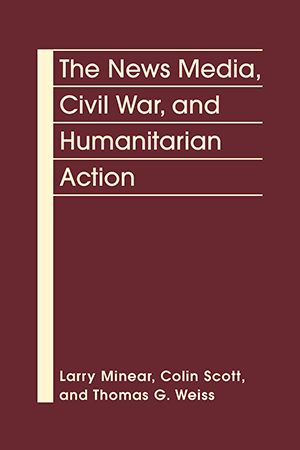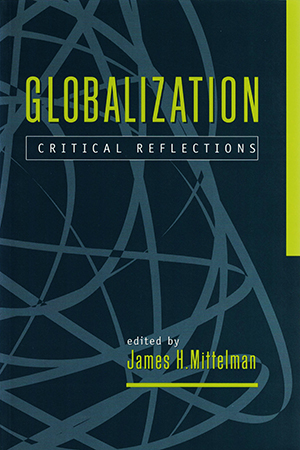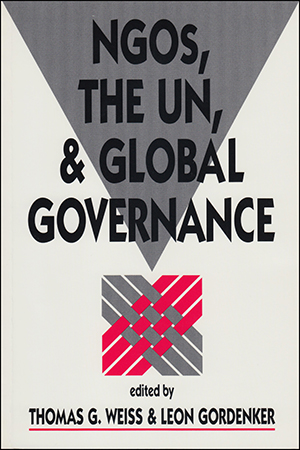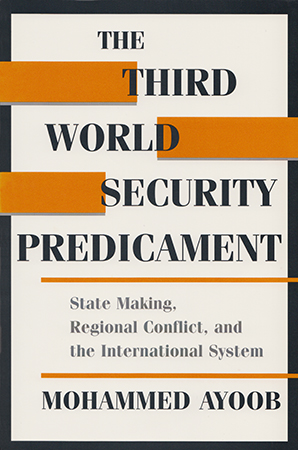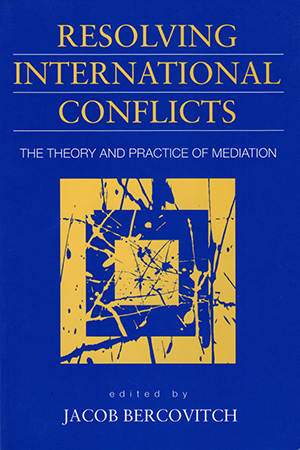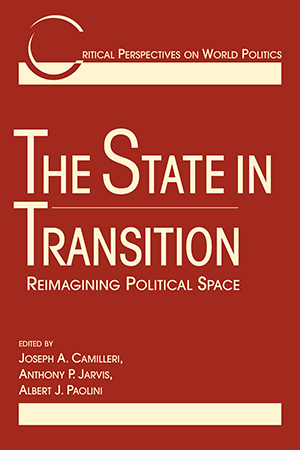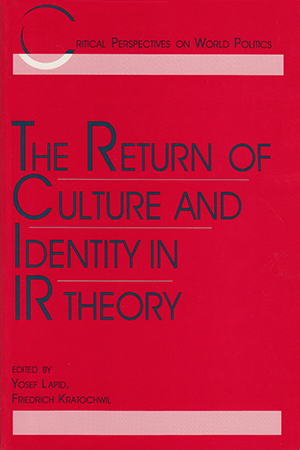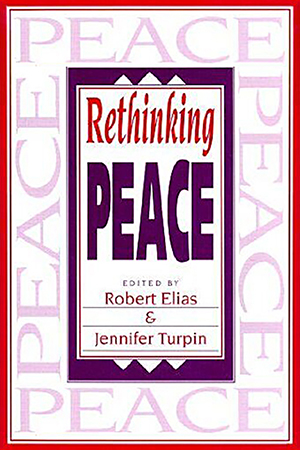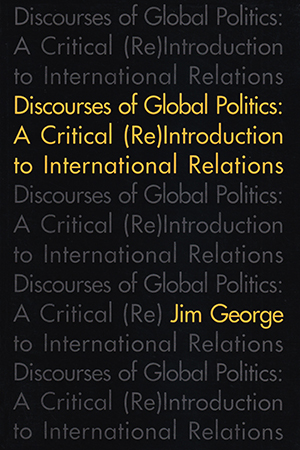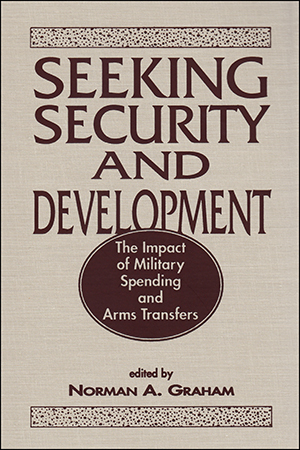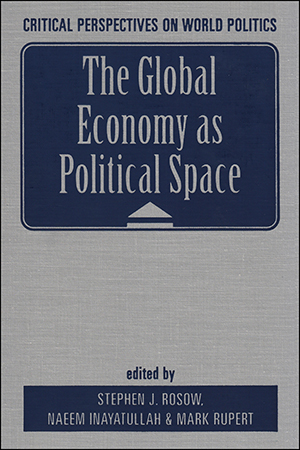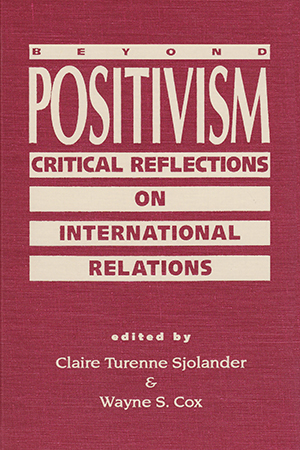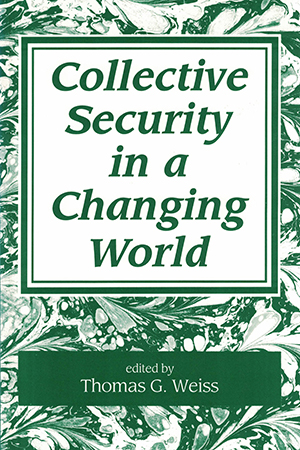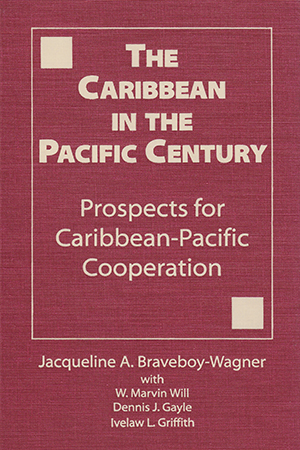International Relations (all books)
The civil wars that have been prominent features of the first post–Cold War decade have revealed a close and active relationship among the news media, governments, and humanitarian More >
This book analyzes the empirical trends constituting the globalization process in the late twentieth century and explains its underlying causes and consequences. The authors explore the More >
A comprehensive exploration of the role of nongovernmental organizations in the international arena, this collection examines the full range of NGO relationships and actions. The authors More >
This book explores the multifaceted security problems facing the Third World in the aftermath of the Cold War. Ayoob proposes that the major underlying cause of conflict and insecurity in More >
Mediation is rapidly becoming one of the most important methods of settling conflicts in the post-Cold War world, practiced by virtually every actor and dealing with every conceivable issue More >
Until recently, the bounded, territorial, and sovereign state has been the foundation of modern understandings of political space. Now, however, as the patterns of world politics undergo More >
Unanticipated epochal events associated with the demise of the Cold War have prompted the recognition that the post-Cold War order is transforming itself culturally even faster than it is More >
With the development of the atomic bomb, Albert Einstein remarked that everything had changed except our thinking about the world. Einstein and Bertrand Russell warned us that "we have More >
An unusual combination of synthesis and original scholarship, this new text considers the contemporary agenda of international relations within a broad historical-philosophical More >
Do military expenditures retard economic growth and development, enhance the development process, or neither? How effective are military and military-dominated regimes in promoting economic More >
As contemporary capitalism integrates the planet to an unprecedented extent, the international political economy defines and constitutes new forces, practices, and movements. Not only are More >
The metatheoretical debates between positivists and postpositivists that characterized the development of IR theory during the 1980s left at least one major question unanswered: what does More >
Beginning with Mikhail Gorbachev's December 1988 announcement that Moscow intended to unilaterally reduce its conventional armed forces, the spotlight on arms control has turned away More >
This volume analyzes institutional mechanisms in the United Nations and in regional organizations that exist to deal with threats to the peace, and also examines what the U.S. response More >
Despite the current global focus on prospects for the integrated European market, there are many in the policymaking and business communities who believe that the next century will be a More >


